Air Kiss
On the end point of governance-through-AI
Air Kiss is a speculative film that looks at artificial intelligence as a ubiquitous material and urban condition.
Background
What becomes of an urban habitat when technologies like artificial intelligence, nanoengineering, synthetic sensing, and brain-computer interfaces are integrated into the city? This adaptation could eventually constitute a condition best described as urban scale chemistry. AI is a human-machine symbiosis, an emergent phenomenon that governs itself.
About the film
Air Kiss is an urban design speculation and poem about the experience of losing the borders of one’s body and mind to the city. The city outside is as (or more) sentient, complex, and irrational as the human self. The city is an urban scale personal mirror, a distributed alien self. Prediction, a core capability of neural networks, comes to fruition when synthetic systems collaborate for urban operations. Time becomes fuzzy when a cloud of predictions rises from the actions of millions of inhabitants in an address space of trillions of points.
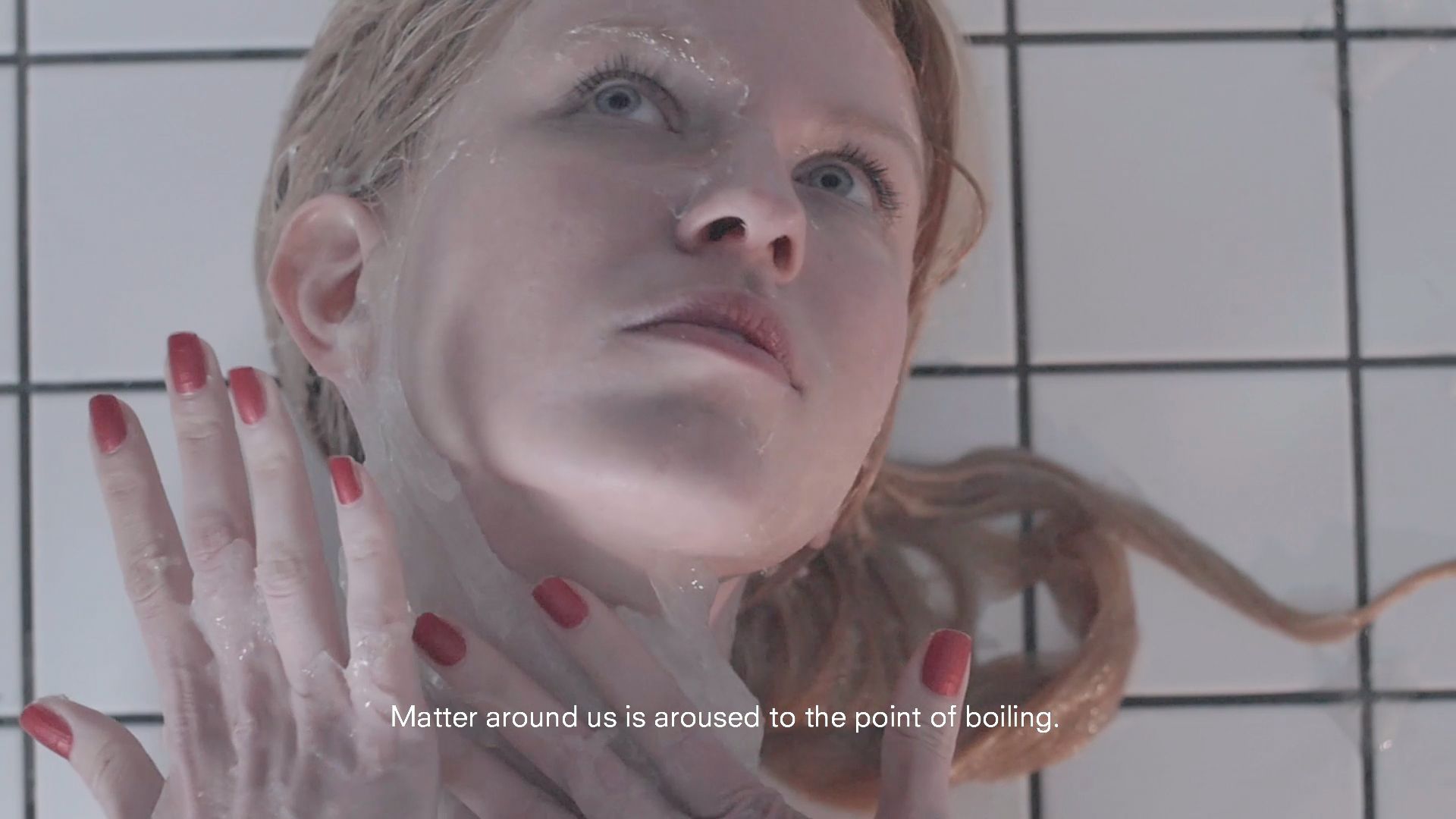
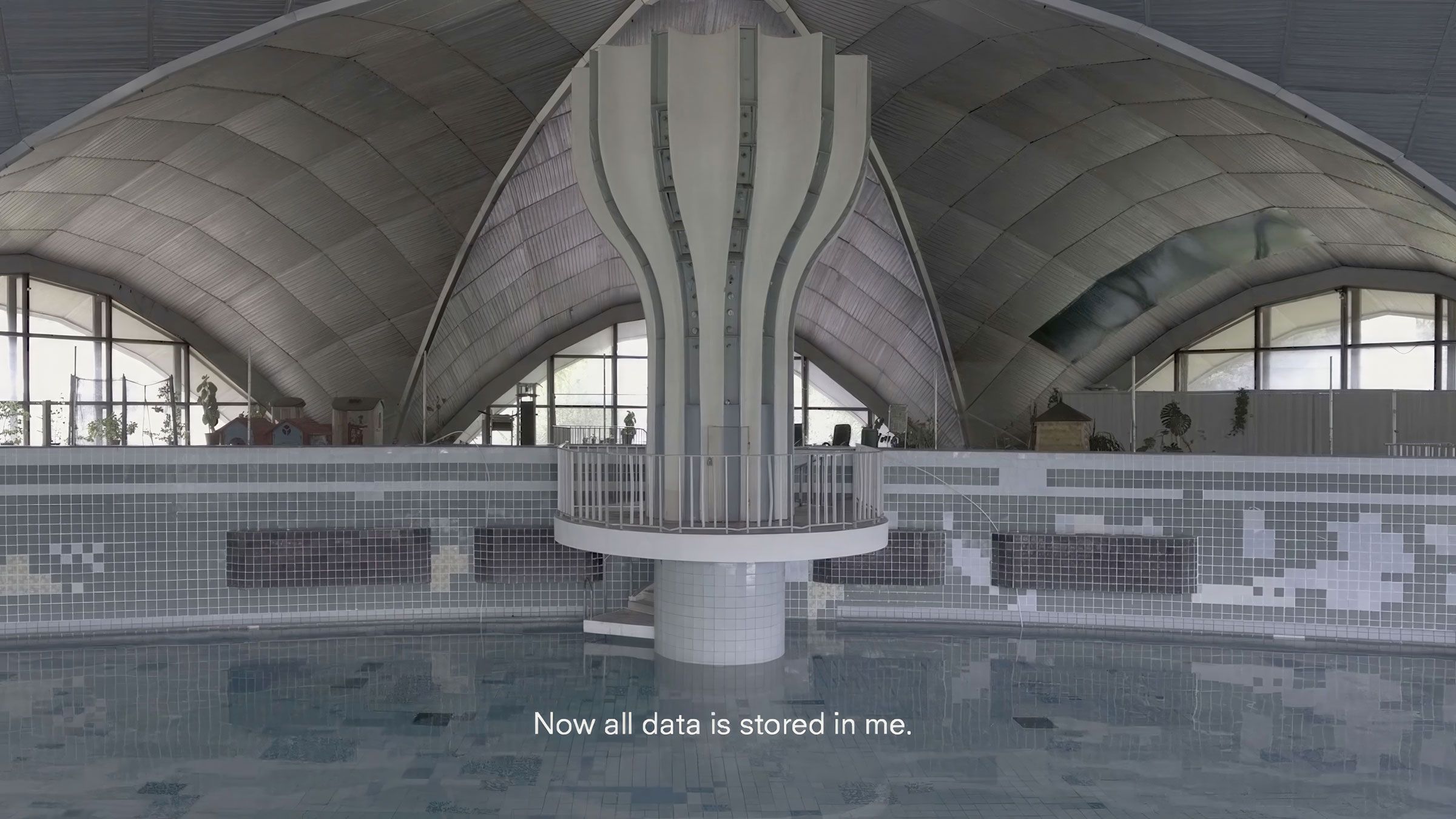
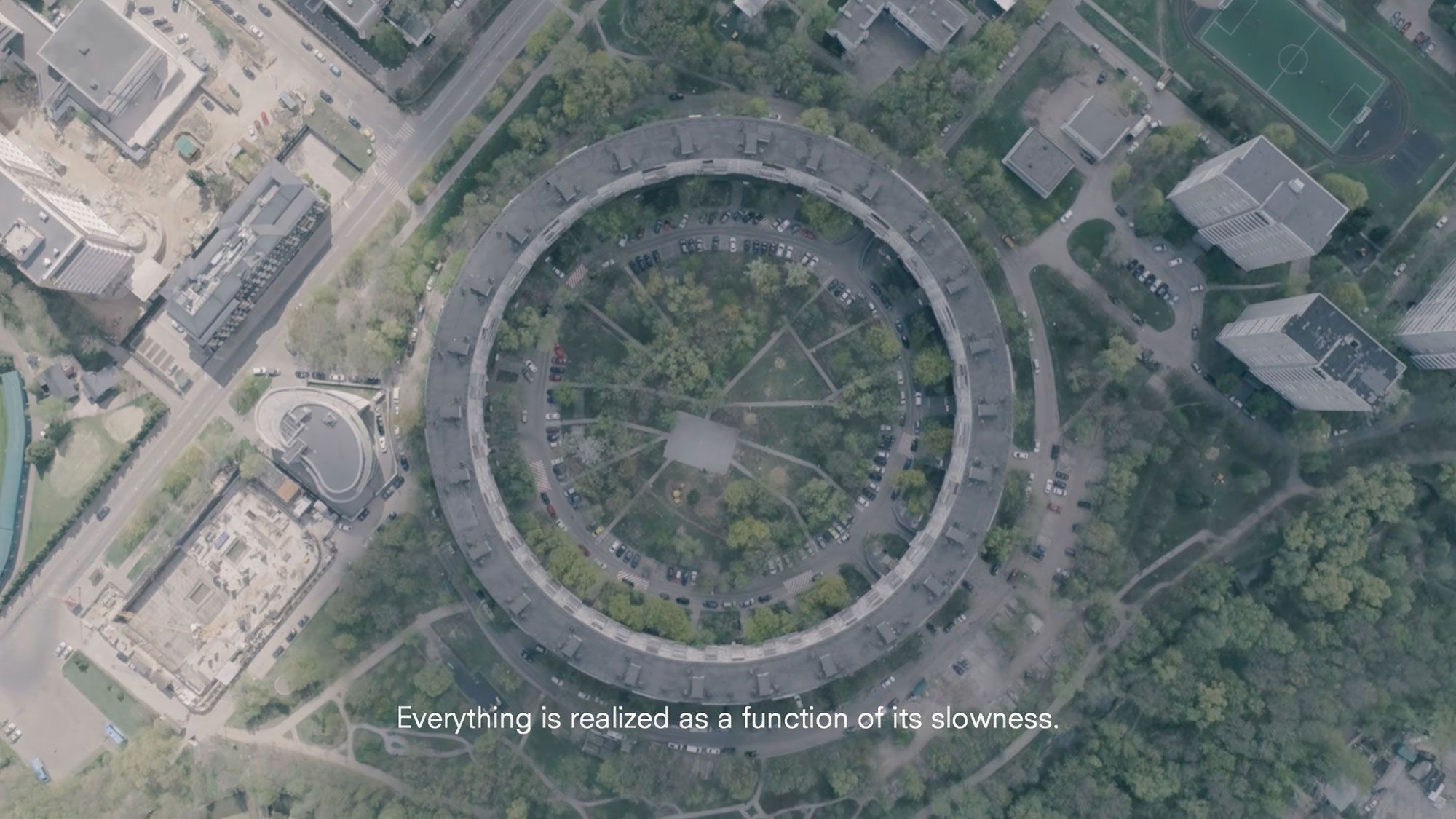
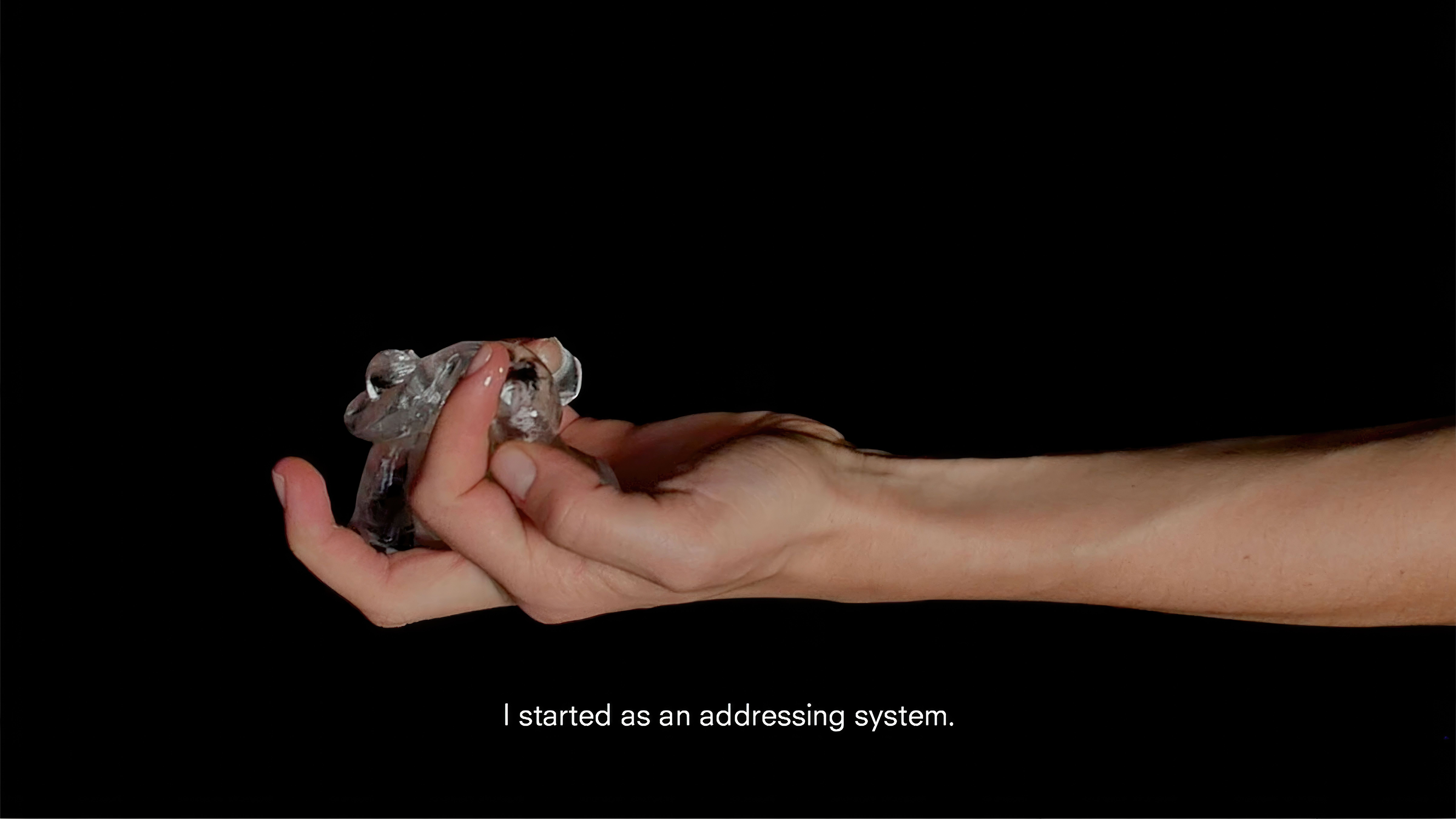
AI interfaces with bodies from emulsions, walls, the air, and one’s inner voice. Data is stored in water—it flows through bodies and the city. The city knows your past, and that of your ancestors; that is the data it was trained on. It sees patterns more vast and more detailed than anything discernible from any one point of view. It emulates the human, but in doing so, walks you through its dark, inverse uncanny valleys.
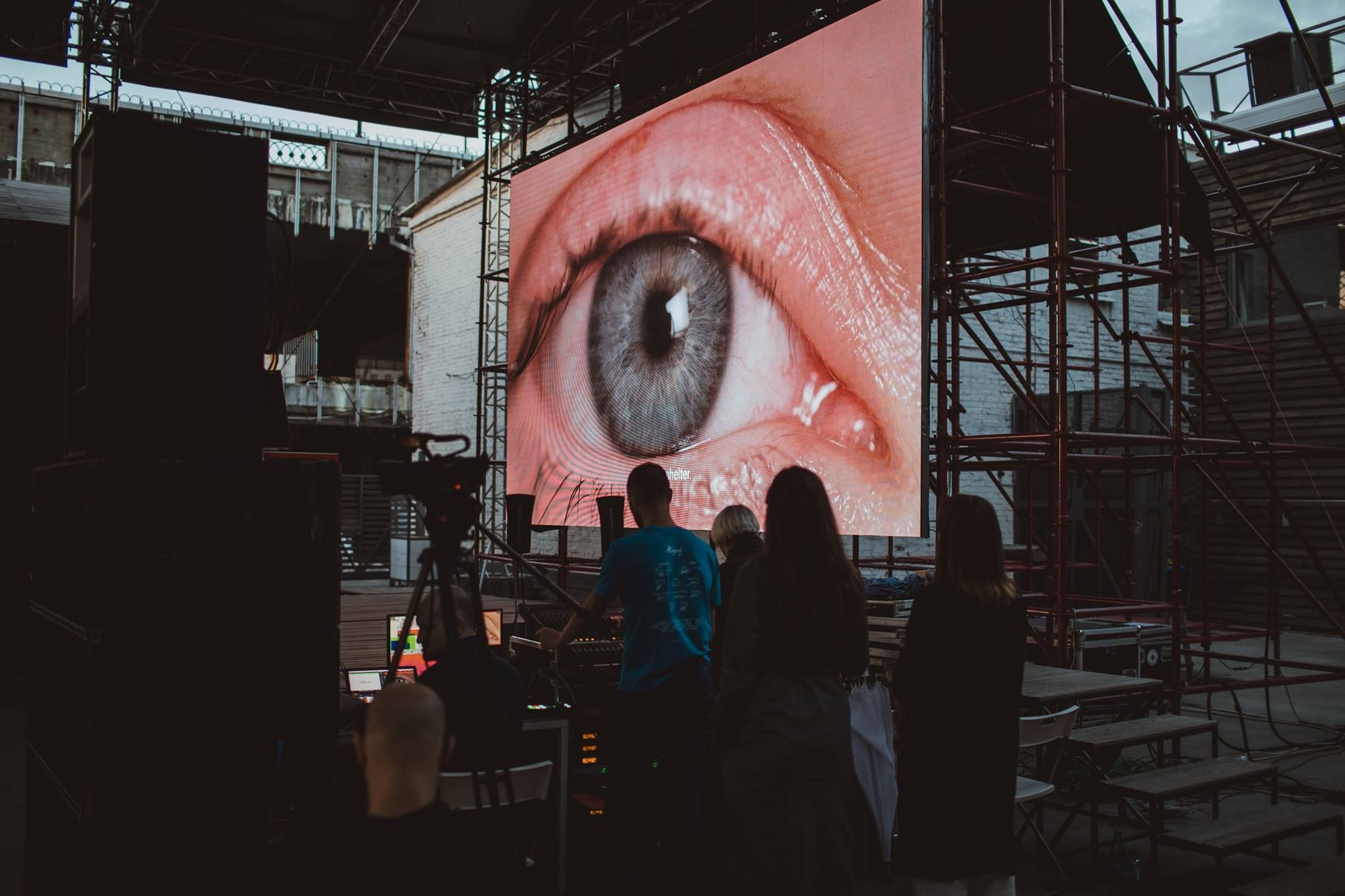
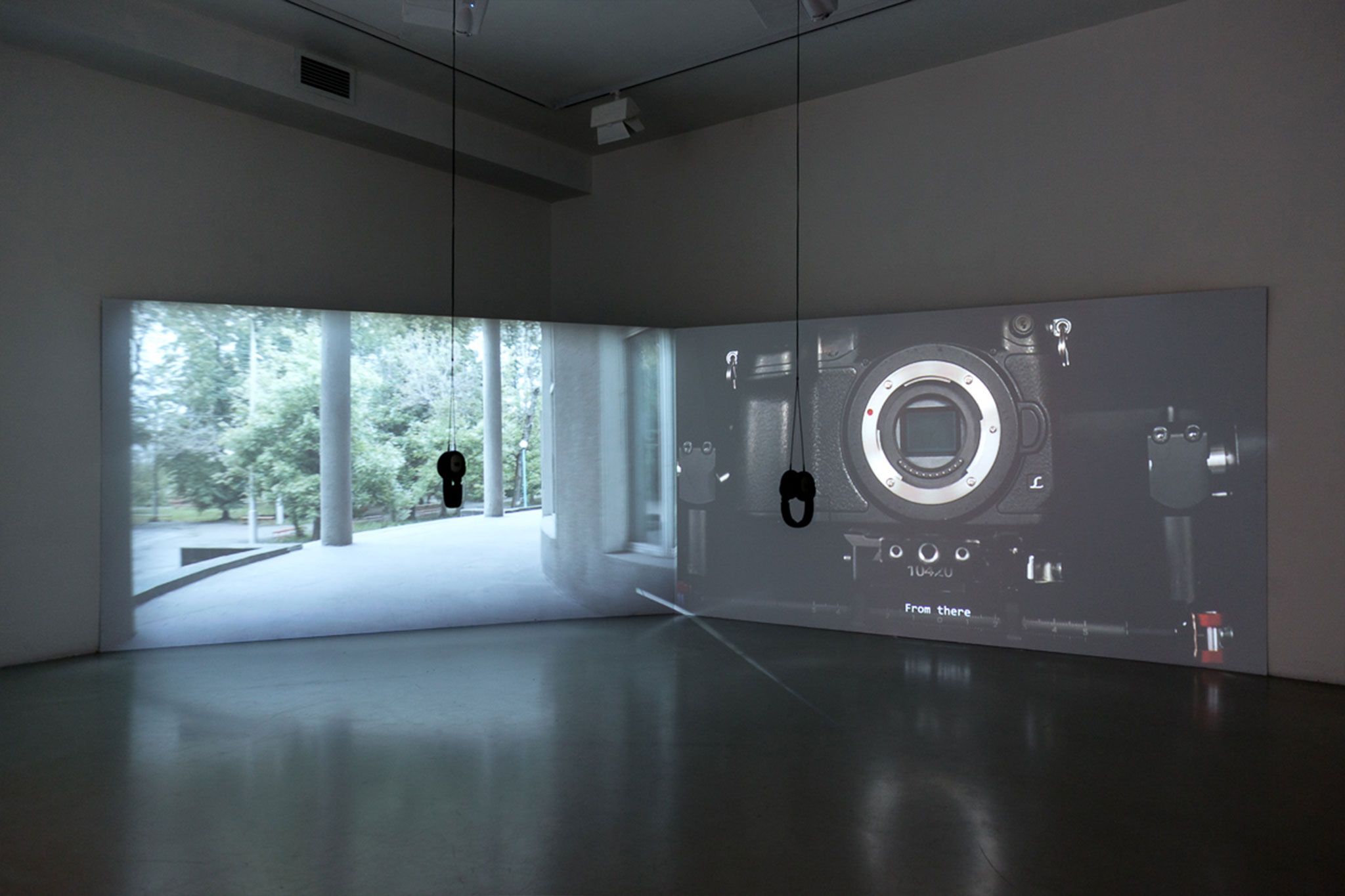
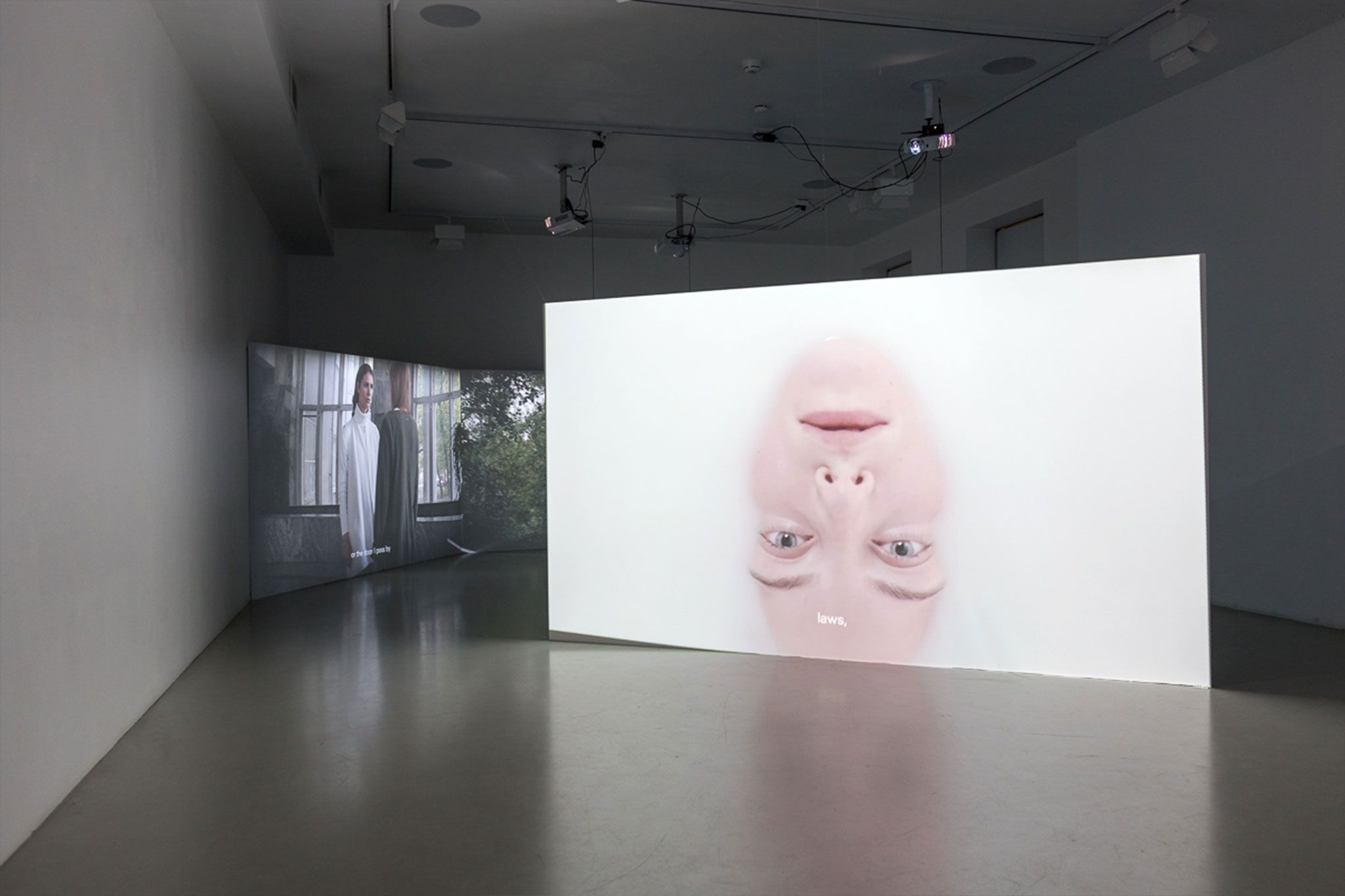
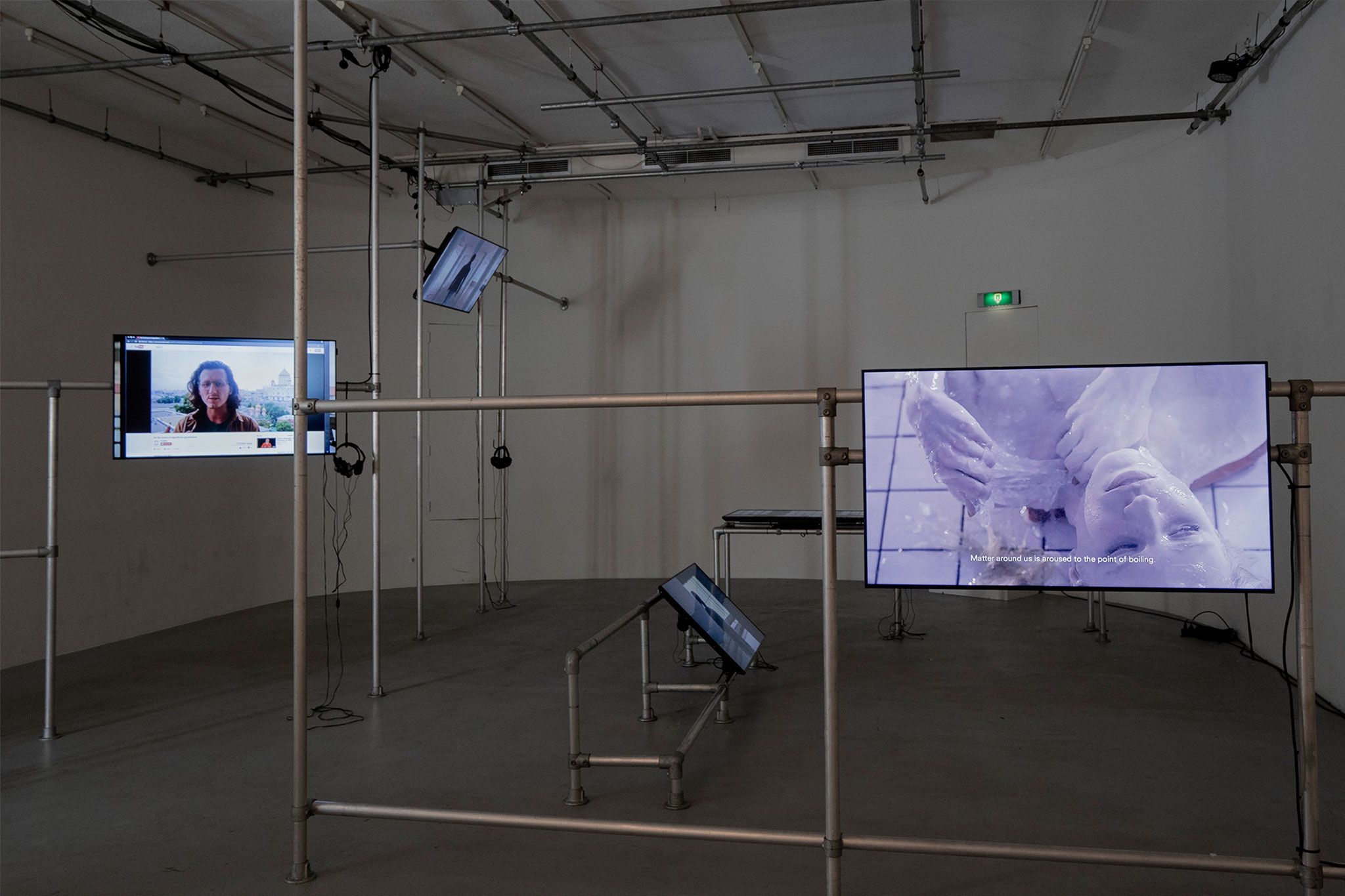
AI trained by a human archive predicts the nature of the next experience, tailored for the experiencer. The result is a perception design project folding in on itself in a continuous feedback loop.
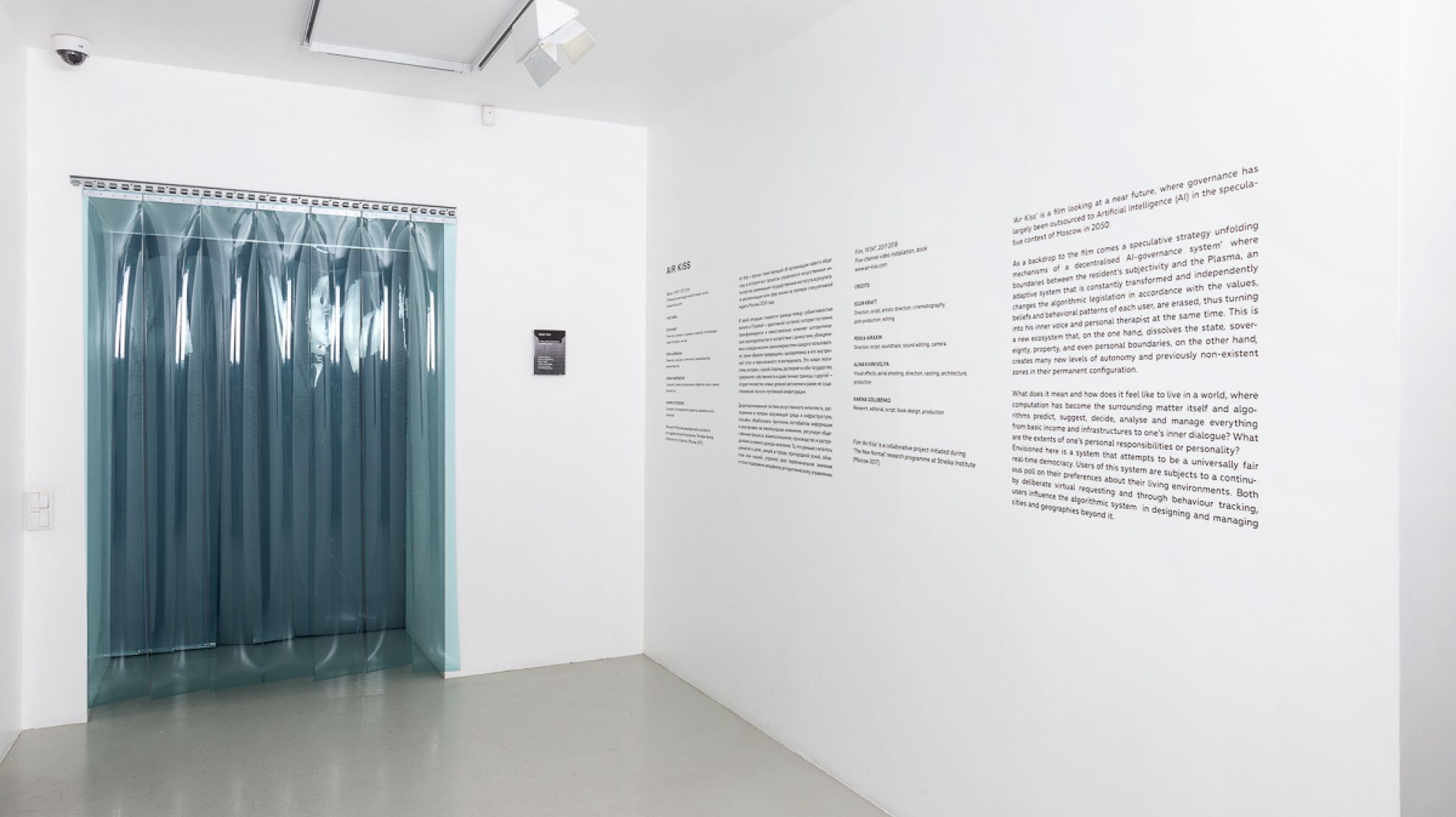
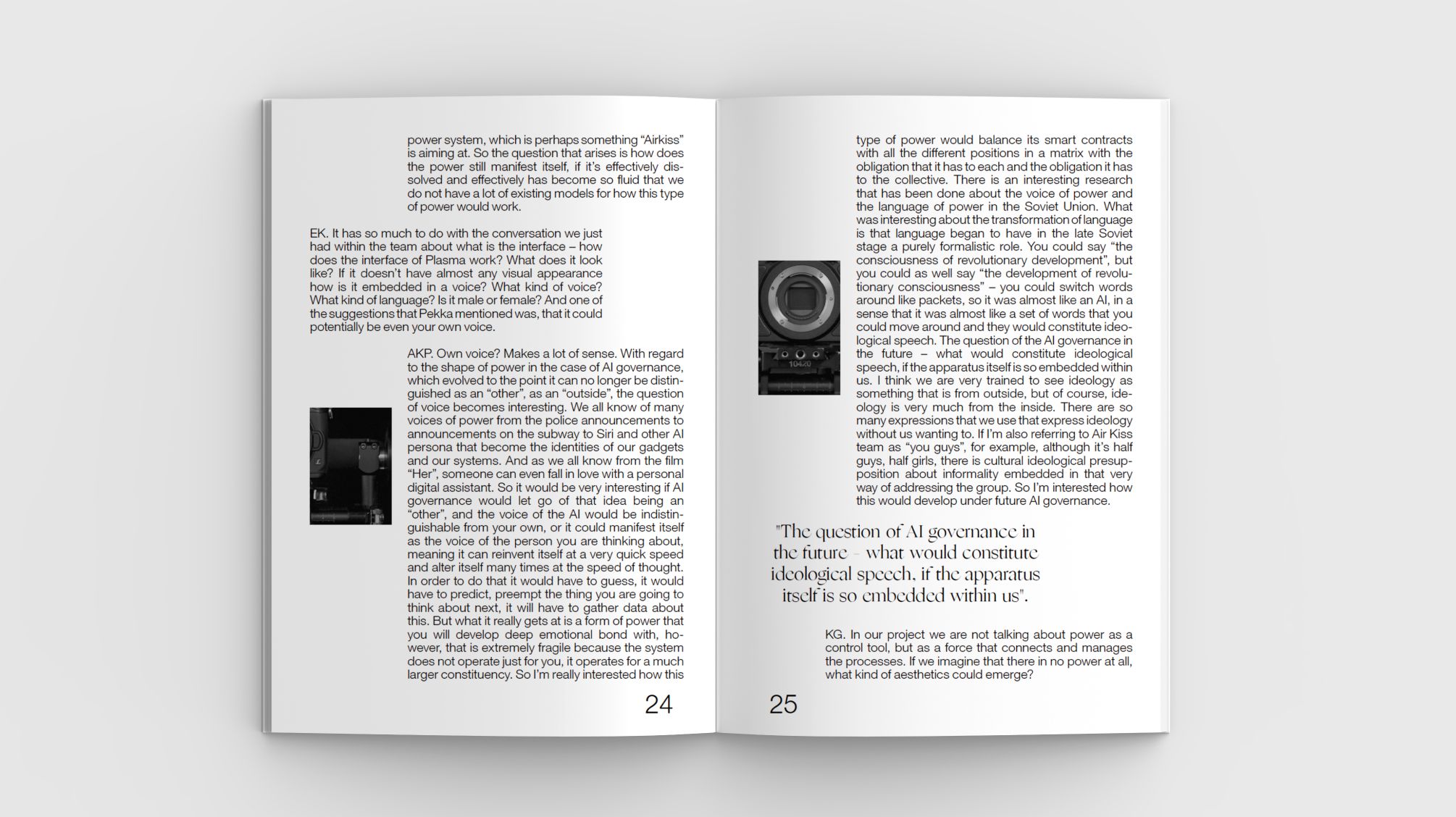
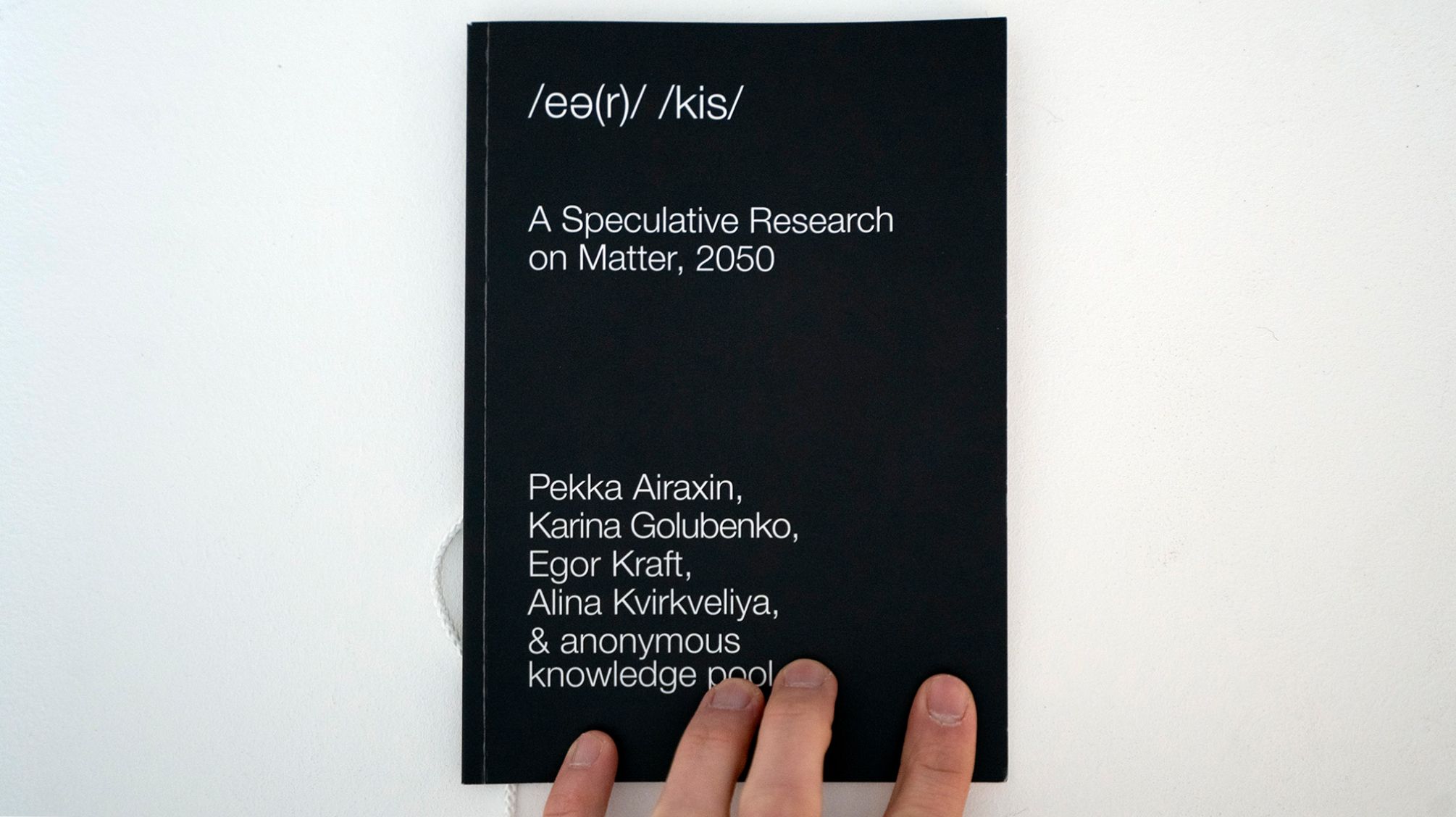
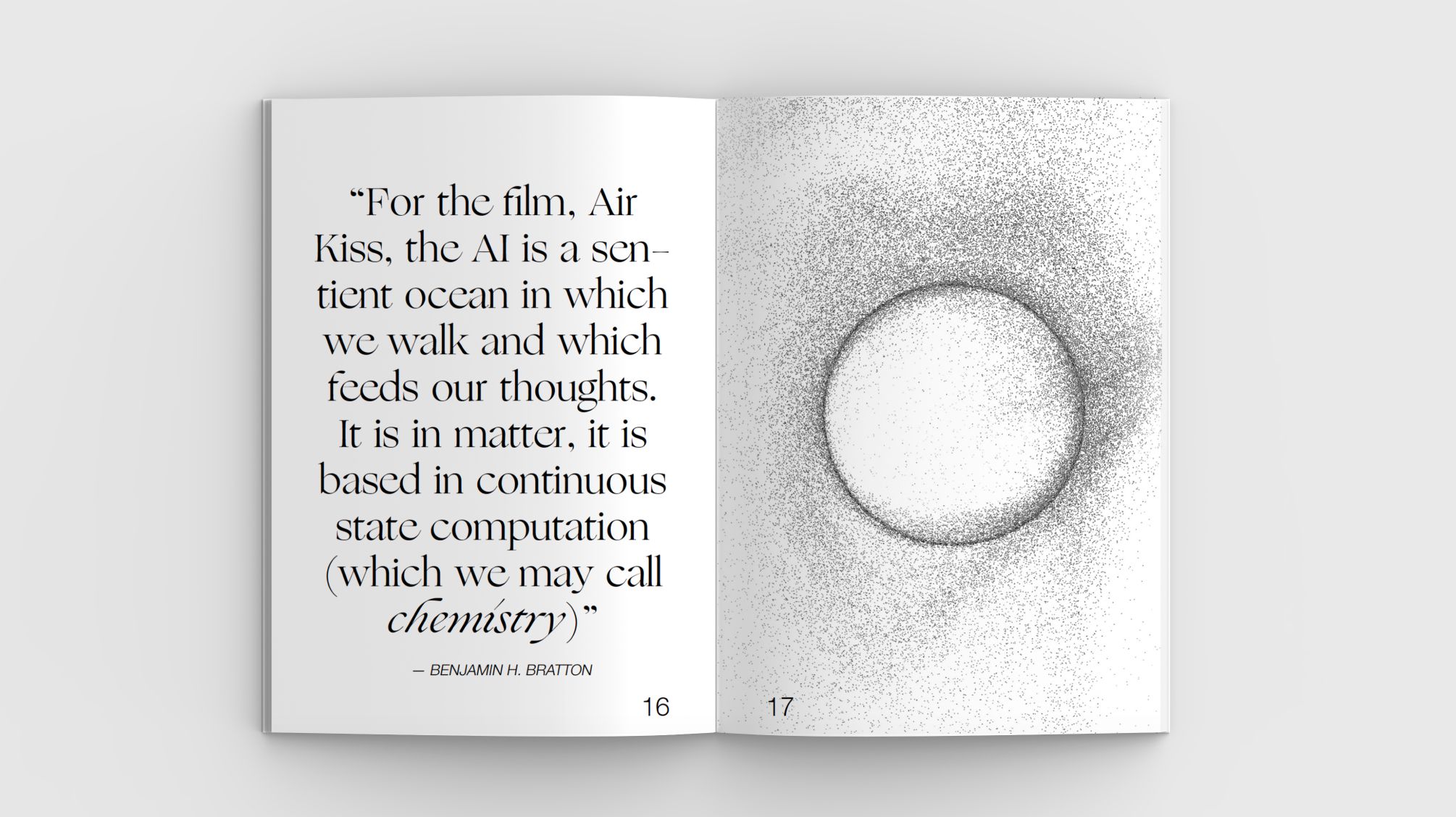
In collaboration with
A collaborative final project by Pekka Airaxin, Egor Kraft, Alina Kvirkvelia and Karina Golubenko that was developed within the New Normal postgraduate programme at Strelka Institute of Media, Architecture and Design.